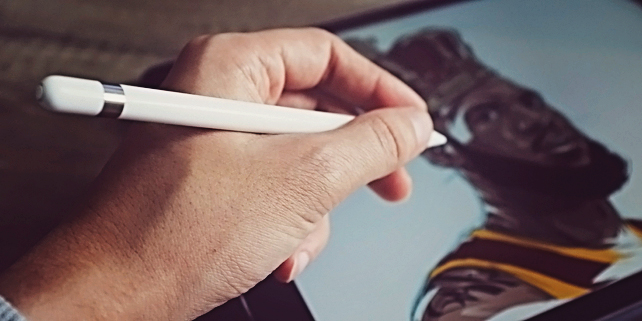Last month the Supreme Court ruled on what the International Trademark Association (INTA) has referred to as “the most significant unresolved legal issue in trademark licensing.” Prior to its decision, federal courts were split on what happens to the rights granted to a licensee when the trademark owner goes bankrupt.In some jurisdictions, any licenses of a trademark are essentially revoked when the trademark owner goes broke. The idea behind the revocation is that debtors of the trademark owners should not be forced to monitor licensee usage. This is a fundamental aspect of bankruptcy law, which allows debtors to reject contracts.
In other jurisdictions, the licensee can continue use even after the bankruptcy. The Supreme Court came down on the side of these jurisdictions. In its opinion, the Supreme Court looked to the implications of rejecting a contract versus rescinding one. This distinction lead the high court to find that rejection merely breaches a contract but does not rescind it. As a result, the rights given to the licensee remain in place as is typically the outcome when a contract is rejected. In other words, the 8-1 decision allows debtors to stop performing under the contracts with the licensees but cannot be used as a tool to grant the debtor more rights than the bankrupt trademark owner had.
This is a difficult position to place debtors in. To maintain a valid trademark, the licensee’s use of the trademark must be subject to some degree of control. If a debtor doesn’t want to exercise this control, then it is quite possible that the trademark rights could be lost. The INTA addressed this concern in its amicus brief by noting that a licensee will still be incentivized to maintain the quality of the trademark as set forth in the original agreement to sustain the licensee’s investment in the trademark.
The ramifications of the decision are not exactly clear. It is possible that the value of trademarks could diminish if the trademark owner has one or more licenses with third parties. As a result, a debtor may be less likely to accept the value of trademarks subject to such licenses.





